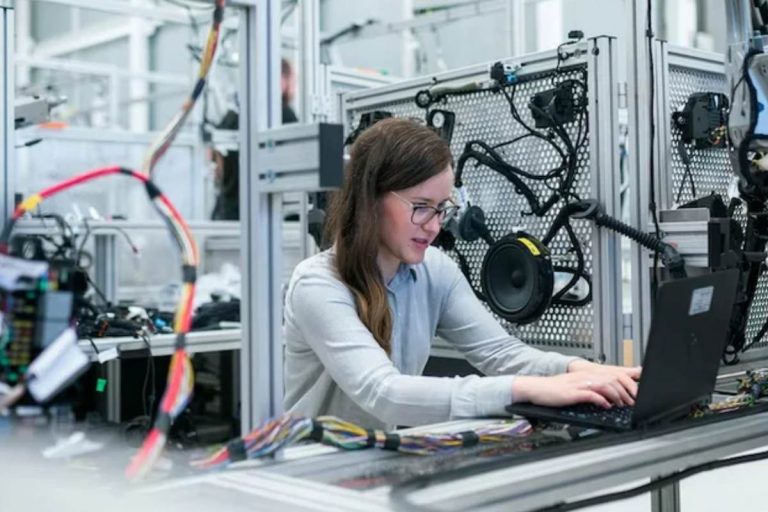The world would not be what it is today without technology and automotive mechanical engineering units. Therefore, learning and pursuing a career in engineering is a priority for many people.
Edibon differentiates itself in the development of technical equipment for engineering education because its technical teaching equipment is used all over the world today.
Table of Contents
Edibon’s Story
The company was founded in Madrid, Spain in 1978 as a family business dedicated to distribution to other manufacturers.
It wasn’t until 1981 that they exported to Mexico for the first time. Just a few years later, in 1984, they designed their first equipment with SCADA and 10 years later they developed their first EDIBON SCADA-NET (ESN).
A major milestone was reached in 2005 when the company opened its first office in Atlanta, USA. In 2007 they designed their first industrial teaching unit, a product that would guide their strategy for years to come.
After opening an office in India in 2013, they started building a new factory in the Móstoles Science and Technology Park in Madrid.
Edibon currently manufactures and exports its products to more than 150 countries around the world. In fact, around 98% of the company’s production is exported to institutions in more than 140 countries, both college and technical education centers as well as vocational education or business training centers around the world.
Use of pilot plants
Edibon develops pilot plants to evaluate and analyze a series of unit operations in order to later develop them on a real and larger scale. A pilot plant, then, is a smaller-scale process plant designed to be able to obtain information that can later be used to scale up in much larger processes. In these facilities we can carry out feasibility studies of designs and processes, reducing the cost of the initial investment.
Currently, we could also use simulators to study these processes, but they don’t allow us to predict behaviors or get data from new processes before optimizing them.
Therefore, pilot plants are much more advantageous for this purpose. Some of the designed pilot plants that can be viewed on the Edibon website are chemical engineering or food and water technologies.
Unit operations in the chemical industry
For automotive mechanical engineering units, we can define unit operations as the physical changes that take place in processes within the chemical industry.
They arise from the study of various chemical processes that appear to carry out a different operation, but they have the same basis. We can classify these operations into three types:
Mass transport: In this case there is a change in the composition of matter, possibly including a chemical change. These include distillation, absorption, adsorption, extraction, and ion exchange, and the change is mostly physical.
Energy transfer: It consists of the change in energy that can lead to a change in state due to a change in pressure and/or temperature. This transfer includes evaporation, drying, freeze drying, sublimation, crystallization and humidification.
Momentum Transfer: In this type of process, the kinetic conditions of matter change and include filtration, sedimentation, flotation and centrifugation.
Leveraging its expertise (known in the Edibon environment as SCADA or Supervision Control and Data Acquisition) the company has been able to become a leading supplier of technical equipment for engineering education, achieve a global presence and become a key element in teaching and research when it comes to technology.


